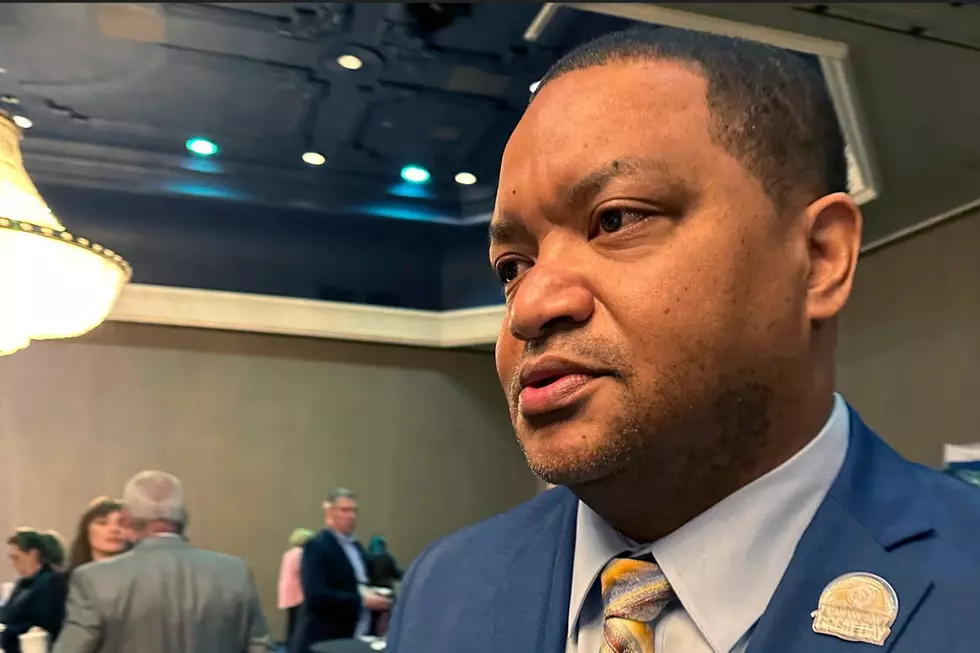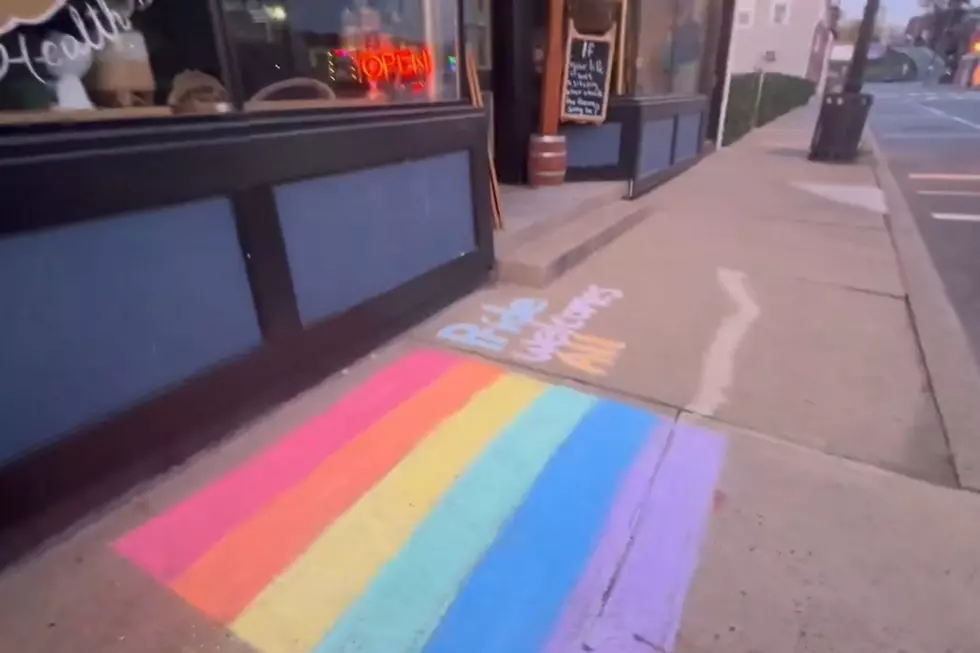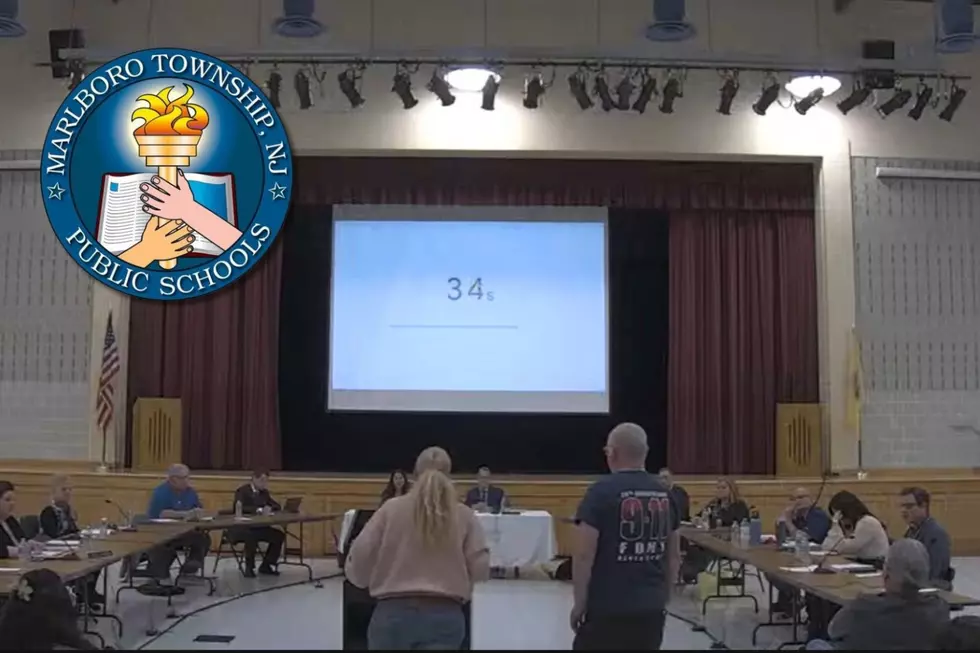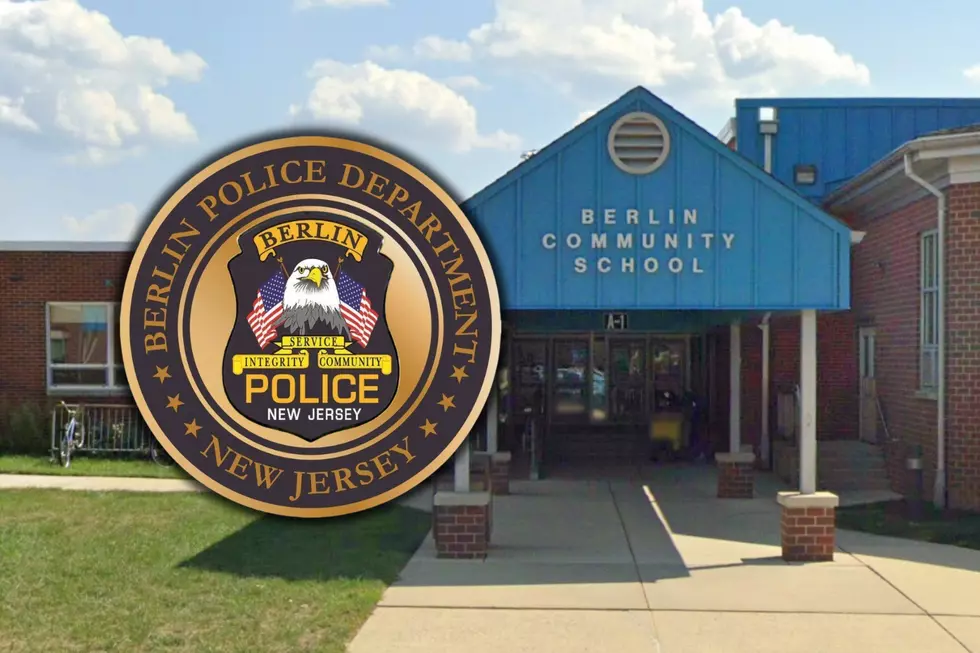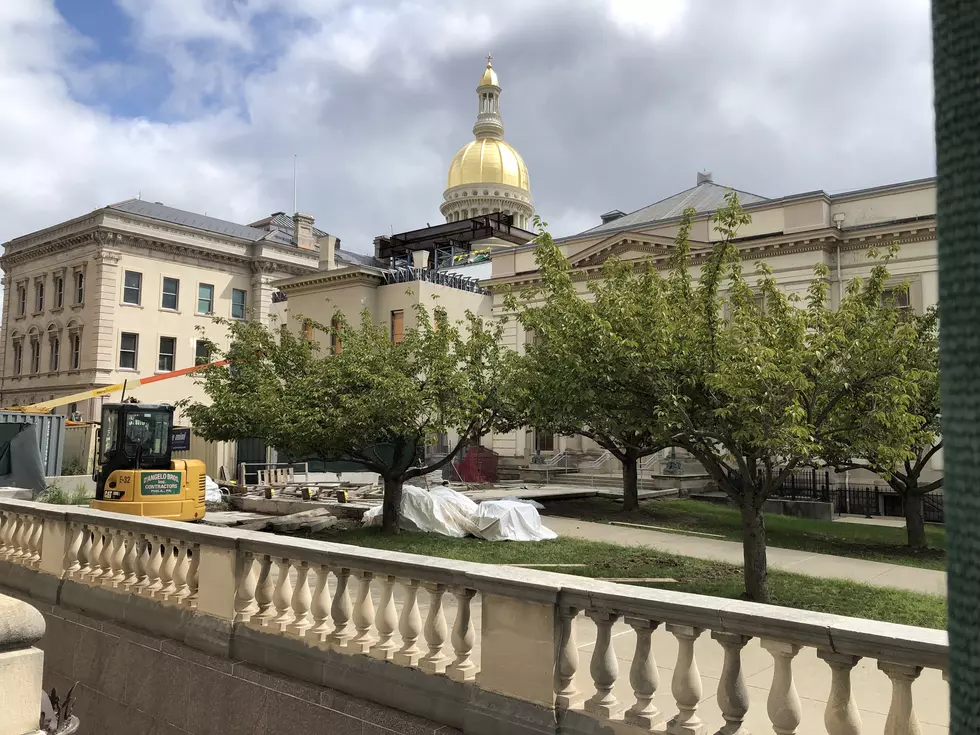
Helping the Children of New Jersey’s Inmates
When a parent is thrown behind bars, what happens to the children left behind?
According to a report from the Annie E. Casey Foundation, a child advocacy group, an estimated 65,000 children in New Jersey have had at least one parent in jail at some point during their childhoods.
Parental incarceration affects 5.1 million children nationwide, the report states.
"Research shows that the incarceration of a parent can have as much impact on a child's well-being as abuse or domestic violence," the report reads, pointing specifically to increased poverty and stress.
And according to Mary Coogan, assistant director of Advocates for Children of New Jersey, the struggles and obstacles continue even after an incarcerated parent is freed.
"The parent coming back into the home may have been in jail for five, six, 10 years and they're not necessarily going to find a job easily," Coogan said. "They're going to have some adjustments, too, in terms of coming back into the family."
New Jersey's parental incarceration numbers, though, are not as severe as those of neighboring states.
Since 2000, Coogan said, the state's prison population has declined by 26 percent, while increasing in many other states.
"I think some of that may be attributed to the use of drug courts, which we now have across the state, and the modification of sentencing of certain crimes," Coogan said.
Coogan also praised the state's implementation of "ban the box," which forbids prospective employers from asking job applicants about their criminal histories until after initial interviews are completed.
The foundation's report made three overall policy recommendations to improve the lives of children left behind when a parent is sentenced to prison:
- Ensure children are supported while parents are incarcerated and after they return.
- Connect parents who have returned to the community with pathways to employment.
- Strengthen communities, particularly those disproportionately affected by incarceration and reentry, to promote family stability and opportunity.
More From WPG Talk Radio 95.5 FM
